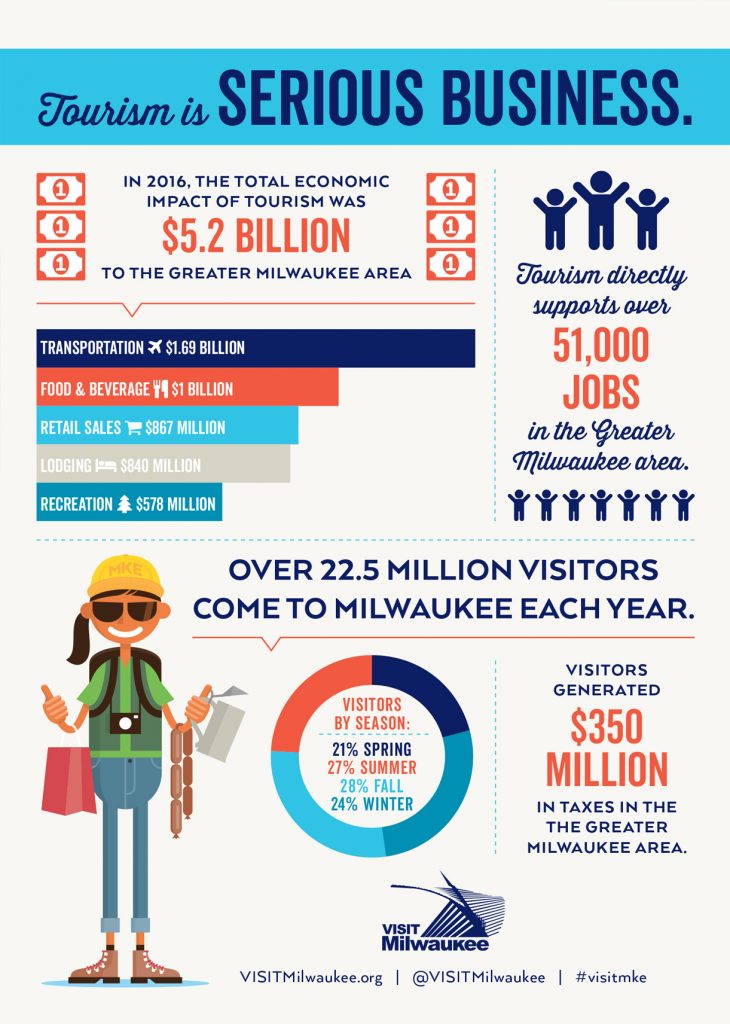For decades, the United Arab Emirates has been viewed as a tax haven, offering its citizens a range of financial benefits. Despite this, the UAE is now introducing a corporate tax on business profits beginning in 2023. This move brings the country into line with other advanced economies and should help to discourage businesses from using the UAE as a base to avoid taxes in their home countries.
US expats who live and work in the UAE will have to consider this new tax, but there are a number of ways to minimize their impact. By filing a Foreign Earned Income Exclusion, or FEIE, and taking advantage of tax treaties with the UAE, American expats can limit their U.S. tax liability. Additionally, by utilizing a professional tax advisor who is experienced in working with the UAE’s unique laws, Americans can ensure that they’re not leaving any money on the table when it comes to filing their US expat taxes.
The UAE currently does not charge any personal or corporate income tax, withholding taxes or capital gains taxes. However, there is a value-added tax (VAT) that applies to some items, and a 5% excise duty on tobacco products. In addition, many emirates have property, transfer and excise taxes that vary by location. Oil and gas companies pay a corporate tax in the region, as do foreign banks.
This means that for the most part, the UAE ultimate guide to USA taxation UAE is a low-tax environment, with the exception of certain specific industries and the presence of foreign banks. For this reason, the UAE has often been compared to the Bahamas.
The introduction of the UAE’s corporate tax will bring it into line with other advanced nations, and should also help to prevent businesses from using the country as a base to avoid taxes in their own home countries. The 9% tax will apply to companies that generate profits of over 375,000 AED, while smaller businesses will continue to pay a 0% corporate tax rate.
Moreover, the UAE’s corporate tax is expected to encourage investment in the country and boost its economy. This is particularly important, as the nation continues to diversify its economy away from hydrocarbon revenue.
As a result of this announcement, it’s more critical than ever for business leaders to stay up to date on the changing Middle East tax landscape. Digitization of tax, sustainability measures, workforce mobility and a rapidly evolving global economic outlook are all transforming the way that taxes function in the region.
As a leading international tax firm, Greenback can provide a range of US expat services, including FEIE and FBAR filings. For more information, or to get your bespoke US tax filing started, contact us today.

